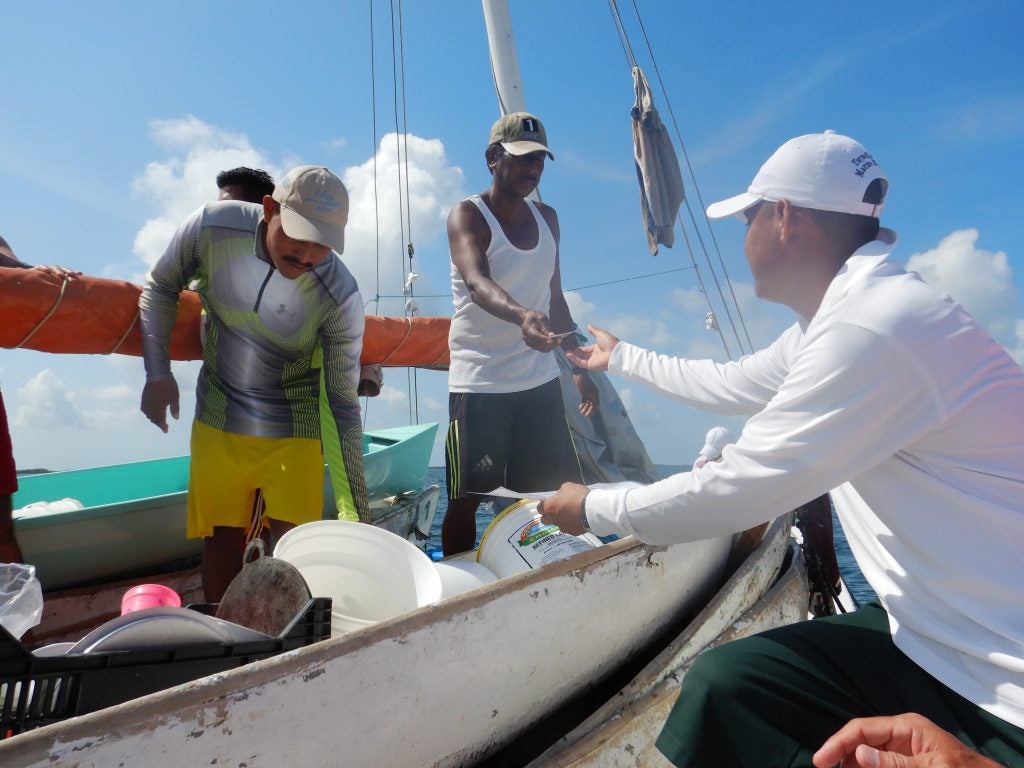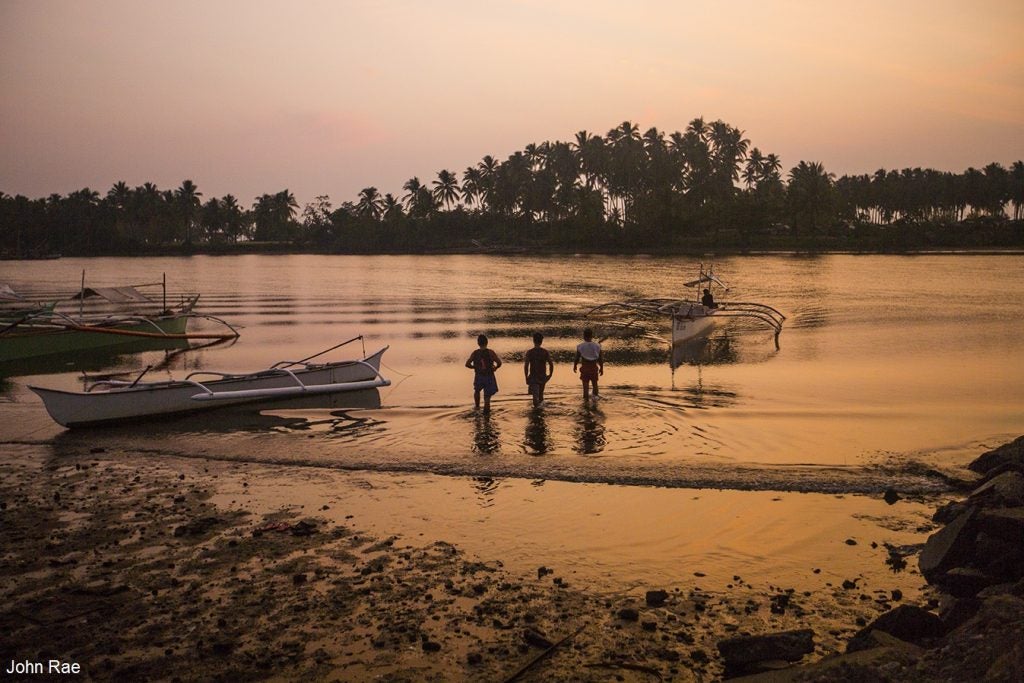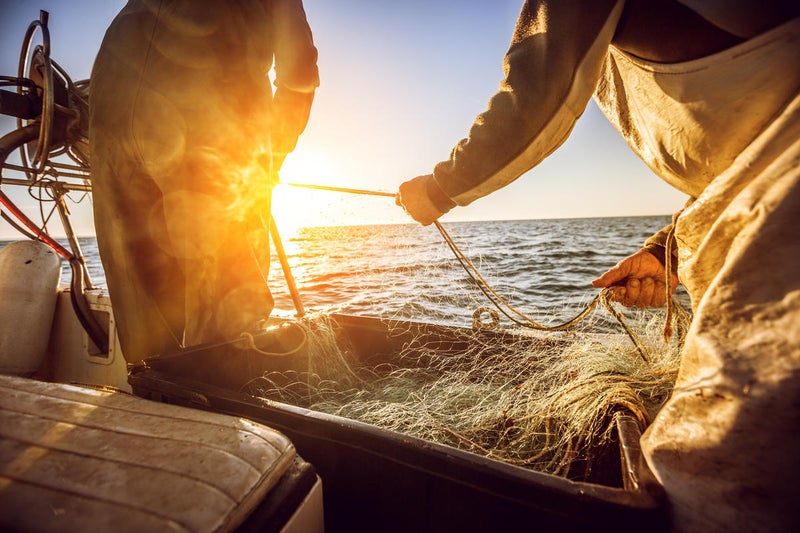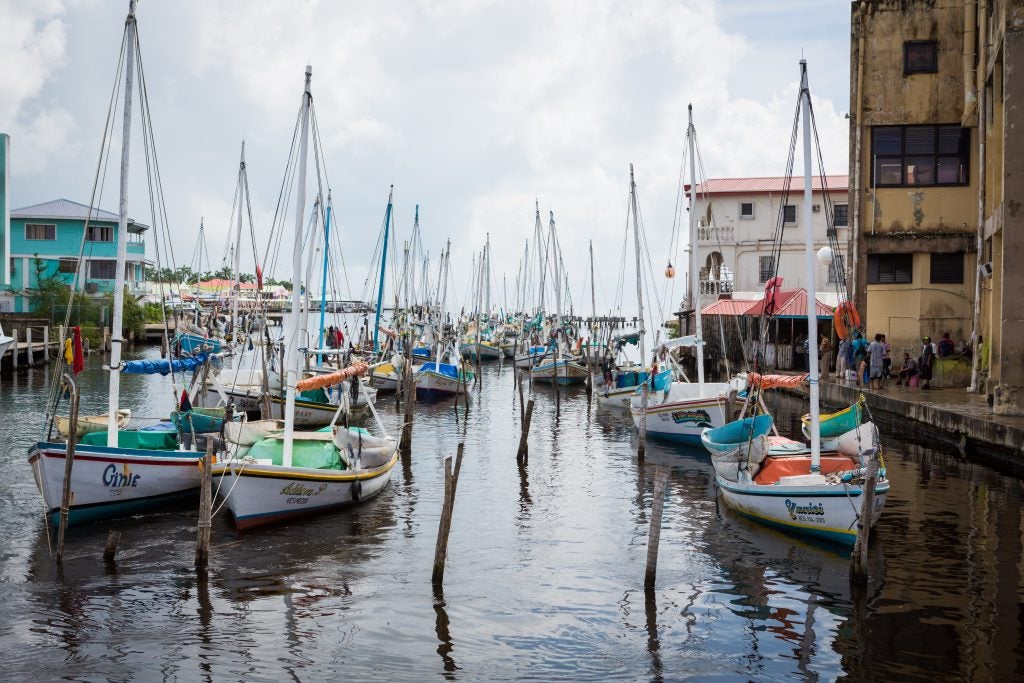The United Nations General Assembly declared 2022 the International Year of Artisanal Fisheries and Aquaculture, or IYAFA — a year to recognize and celebrate the contributions of small-scale fishers, fish workers and aquaculturists to communities and nations, and to advance their development. To celebrate the launch of IYAFA, we asked our staff who work closely with small-scale fishing communities around the world why this year is important to them and what they hope to see happen in a year dedicated to small-scale fisheries. Read More
EDFish
Celebrating IYAFA 2022 with EDFers from around the globe
The Silver Anniversary of Sustainable Fisheries
Unsustainable fishing remains among the planet’s most serious and elusive environmental challenges. When it comes to the ocean, scientists agree that while reducing and mitigating climate risks is the biggest long-term threat, getting fishing intensity right is the biggest near-term need. Read More
IUCN WCC | Sustainable fisheries & biodiversity conservation — working together in the face of climate change
Over the past week, representatives from organizations and countries from around the world have come together for critical discussions about protecting and enhancing biodiversity in the face of climate change at the IUCN World Conservation Congress in Marseille, France. For the first time at the WCC, restoring ocean health was one of the central discussion themes, as a “marine journey.”
The Mesoamerican Reef: A shared vision for prosperity and conservation
Working with the next generation of conservation leaders in the MAR
Transformative change on an ecosystem scale is extremely challenging. But in the Mesoamerican Reef (MAR)— stretching 600 miles of coral reefs, mangrove forests and seagrass beds along the coasts of Mexico, Belize, Guatemala and Honduras—sustaining a rich array of biodiversity and thousands of local people, it is happening. Leaders from all four countries recently convened on a shared vision for prosperity and empowered coastal communities—setting a new course for sustainable fishing and ecotourism in the region.
The complex balance of the coral reefs, mangroves and seagrasses protect and nurture more than 500 species of fish—essential in these countries for food security, economic development, and poverty alleviation. The beauty of the reefs attract visitors and ecotourism dollars to local communities. Read More
What do Cuban and Belizean fishers have in common? More than meets the eye.
 Cuba and Belize are connected by more than ocean currents. They share critical ecosystems like mangroves and coral reefs, and both countries have made major strides in fisheries management and coral reef conservation and are currently working to renew and strengthen their fisheries laws and policies. They also share challenges facing their fisheries—including managing complex fisheries that catch dozens of species all together—rather than targeting just one or two.
Cuba and Belize are connected by more than ocean currents. They share critical ecosystems like mangroves and coral reefs, and both countries have made major strides in fisheries management and coral reef conservation and are currently working to renew and strengthen their fisheries laws and policies. They also share challenges facing their fisheries—including managing complex fisheries that catch dozens of species all together—rather than targeting just one or two.
I was excited to join partners from both countries at a recent intensive four day Fisheries Exchange where they learned from each other and discussed new ways to collaborate on solutions to shared challenges, including different management strategies for the ecosystem overall and for important species like lobster, conch, and many species of finfish.
The Exchange included learning both in the classroom, and on the water—with the goal of showcasing how diverse partnerships working together improves science and compliance, involves and educates more stakeholders, creates opportunities for community development and leads to better managed fisheries and protected areas that benefit users for the long term.
We know from our work with fishing communities around the world that often the best way to solve shared challenges is to connect groups of likeminded fisheries stakeholders to share experiences and solutions. Read More
Research sheds light on how to better manage small-scale fisheries
Small scale fisheries are critically important for the provision of food security, livelihoods, and economic development for billions of people. Most of these fisheries appear to be under-performing with respect to conservation, food production, revenue, and the quality of the livelihoods they can support.
 Many factors related to successful small-scale fisheries management have been articulated in previous research and through practical e xperience, including strong leadership, co-management, secure catch or marine tenure privileges, and scientific assessment of fishery status. Both the pathways and tools employed in fishery reform vary, but there is a growing consensus that the integration of effective fisheries governance and science-based management is crucial for success.
Many factors related to successful small-scale fisheries management have been articulated in previous research and through practical e xperience, including strong leadership, co-management, secure catch or marine tenure privileges, and scientific assessment of fishery status. Both the pathways and tools employed in fishery reform vary, but there is a growing consensus that the integration of effective fisheries governance and science-based management is crucial for success.
Together with fishermen and women, community members, managers and scientists we have identified some major lessons that arise from case studies in Belize, Cuba, Mexico and the Philippines. In newly published research, my colleagues and I evaluate the stories, challenges and lessons learned from these fisheries, where these groups are developing science-based solutions for sustainable fishing. We found that successful science-based management includes fisher participation and empowerment, partnership across sectors and community buy-in, and sound scientific analysis. Read More












